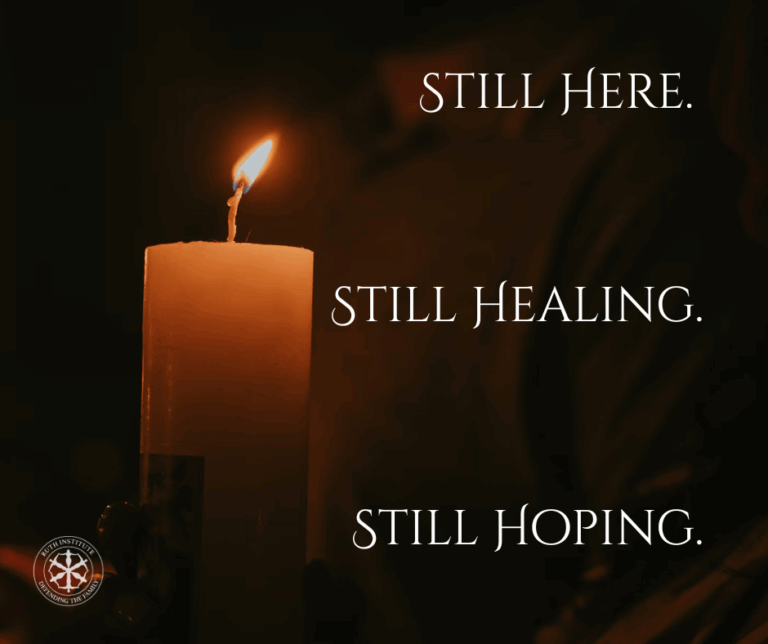COMMENTARY: We must be willing to affirm, without hesitation or compromise the historic truth of the Resurrection.
This article was originally published at The National Catholic Register by Dr. Jennifer Roback Morse
“These are the times that try men’s souls.” Actually, these times try the souls of women and men, especially people of faith.
This current historical moment presents this challenge: Do we really believe in the truths of the faith? Let me be specific: Do we really believe Jesus
rose from the dead? And what difference does it make whether we do?
It is a historic fact that Jesus of Nazareth died. He was executed by the Romans in the very public, very thorough manner for which they were well-known.
There is no doubt about the death of Jesus.
On the third day after his death, people began to claim that they had seen him alive. This was not a matter of one person making a private, unconfirmed
assertion. Rather, whole groups of people alleged that they had all seen him at the same time. They contended that they touched him, spoke with
him and saw him consume food.
There was absolutely no personal benefit to any of them in making up such a story. As a matter of fact, that initial group of followers faced intense
pressure to change their stories.
Tradition says that 11 of the 12 Apostles were martyred, some in spectacularly
painful ways. St. Peter and St. Andrew faced the ordeal of crucifixion. St. Bartholomew was skinned alive. Can any reasonable person seriously
believe they all just invented the Resurrection story? Don’t you think at least one of them would have changed their story under that kind of duress?
But not one of them ever did. They continued to claim that they saw Jesus alive, in the flesh, on the third day after he’d been dead and buried. These
are publicly available, widely documented facts. The most logical conclusion to draw, is that Jesus really did rise from the dead.
Once the Resurrection of Jesus is accepted as a historical fact, doubting the full identity of Jesus is no longer reasonable. He was who he claimed
to be: the Son of God. And if it is reasonable to believe that Jesus is God, then it is also reasonable to believe basic truth-claims of Judaism.
Jesus claimed to be the fulfillment of all the promises to the Jewish people. Genesis, Exodus, Leviticus, Numbers, Deuteronomy, the histories, the
prophets, the wisdom literature: All of it is true. The historical truth of the Resurrection proves that the Hebrew Bible is also true.
Christians in modern times have become accustomed to reinterpretations of the faith that remove any sense of the supernatural or immaterial. For instance,
sometimes people will claim that God did not create us, but that we humans created God in “our own image and likeness.” I don’t think it is reasonable
to dismiss Christianity in this way. Sure, we humans create all sorts of idols all the time. Sure, one could claim that the Greeks and Romans created
gods in their own (not very attractive) image and likeness. Their gods are just fallible humans dressed up with super-powers.
But who could invent a god with the particular traits of Jesus? Jesus is not a god who demands human sacrifice. Jesus sacrifices himself for us. Jesus
didn’t come to earth to boss us around. He came to invite us into loving personal relationship with the Divine Trinity. Come to think of it, what
other religion or philosophy or worldview has ever come up with an idea remotely like the Trinity, that The Ultimate Power in the universe is a
communion of loving persons?
Christianity is not just another myth, invented by primitive people to explain natural phenomenon that we can now explain through science. If you think
about it, the neither the Christian nor the Hebrew Bible is much interested in that sort of thing. The Jews didn’t invent a god in charge of the
sun or a goddess in charge of the moon. They didn’t picture Thor making loud noises or Zeus throwing lightning bolts.
The Hebrew cosmology stands alone among the ancient creation accounts, bypassing all of them in the power and boldness of its claims. Yahweh created
the entire cosmos out of nothing as an act of love. Yahweh governs all things. The life, death and resurrection of Jesus affirms the Hebrew cosmology
and decisively overturns the ancient myths.
Nor can Jesus be downgraded to some kind of Jungian archetype, a universal, archaic symbol or image. Jesus cannot be reduced to some vague expression
or representation of some collective unconscious fantasy or wish. Jesus of Nazareth was a real, living human being. Of this, there can be no reasonable
doubt. He was executed and was buried. On the third day, multiple witnesses claimed that they saw Him alive. None of these people could ever be
talked out of their position, in spite of aggressive efforts to do so.
I repeat my opening challenge: Do you really believe Jesus rose from the dead? Accepting the faith because it was taught to us as children is not good
enough. Reinterpreting our faith through the lens of modern scientific rationalism is not good enough. Reducing the truths of the Christian faith
to the status of ancient myths is not good enough.
We cannot compromise on this principle. Jesus is the Son of the living God. No more tap dancing around this central issue, to keep us comfortable within
our de-Christianized society. We must be willing to affirm, without hesitation or compromise the historic truth of the Resurrection. This opens
the door to taking seriously other non-material supernatural claims of Christianity.
The Judeo-Christian understanding of the world and of the human person is really true, not metaphorically true. Taking this into account will help
our efforts to build a good and humane world. In my next article, I will outline what difference this makes for you and your life and your witness
in these troubled times.



